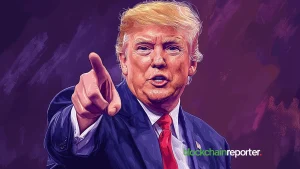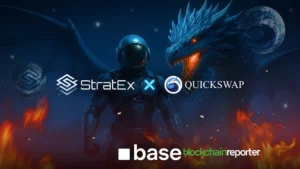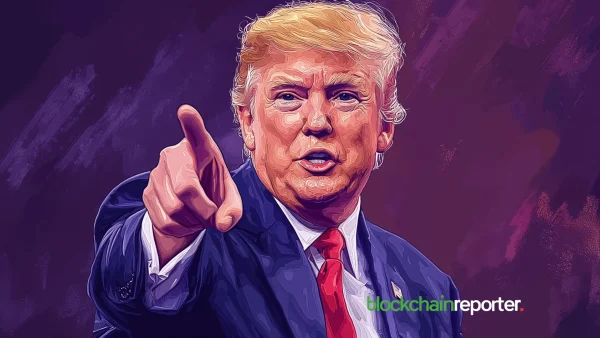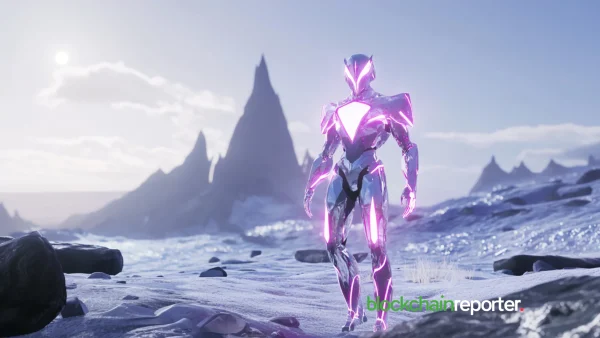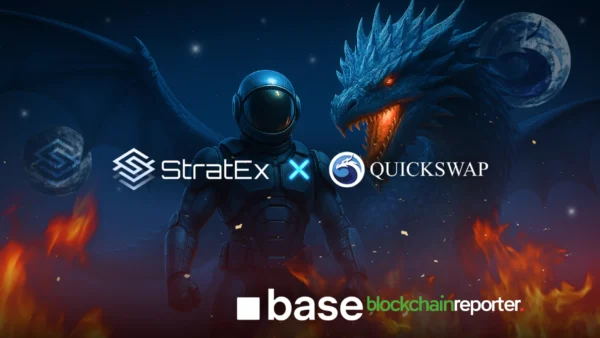
- 1. SEC vs Ripple Battle Ends after 4-Year Long Muddy Fight
- 2. Putin Legalizes Crypto Mining in Russia
- 3. Tether Partners with Africa Blockchain Institute to Boost Blockchain Education in Ivory Coast
- 4. Binance Labs Invests in Solayer to Enhance Solana's Restaking Ecosystem
- 5. Arbitrum and Circle Partner to Use USDC for Gas Fees on Orbit Chains
- 6. Conclusion
This week brought significant updates across the cryptocurrency and blockchain landscape. The SEC vs Ripple case reached a pivotal conclusion with a substantial fine, while Russian President Vladimir Putin legalized crypto mining, marking a major regulatory shift. Tether’s new educational partnership aims to boost blockchain knowledge in Ivory Coast, Binance Labs invested in Solayer to enhance Solana’s restaking capabilities, and Arbitrum teamed up with Circle to enable USDC for gas fees on Orbit Chains. Here’s a summary of the key stories from this week shaping the industry.
SEC vs Ripple Battle Ends after 4-Year Long Muddy Fight
In the most important turn of events this week, a federal judge closed the lengthy SEC vs Ripple case by imposing a $125M fine on Ripple. This ruling was made by Judge Analisa Torres of the Southern District of New York. Judge Torres found Ripple guilty of violating securities laws through 1,278 institutional XRP sales. The fine of $125.035 million is surprisngly lower than the SEC’s original demand of $1 billion in disgorgement, prejudgment interest, and $900 million in civil penalties. This way, it is a partial win for Ripple as the fine is 80% lower than the recommendations.
Earlier, in July 2023, Judge Torres determined that Ripple’s direct sales to institutional clients breached securities laws, but that sales to retail clients via exchanges did not. Judge Torres has also imposed an injunction to prevent Ripple from future violations of securities laws. The injunction requires Ripple to file a registration statement for any future securities sales.Following the announcement, XRP’s price rose by about 20%.
Putin Legalizes Crypto Mining in Russia
The second most important news from this week is that Russian President Vladimir Putin has signed a landmark law legalizing crypto mining in Russia. The new legislation introduces key concepts such as mining pools, digital currency mining, and mining infrastructure operators. The law permits only registered individual entrepreneurs and legal entities to conduct crypto mining, though individual miners can participate without registration if they adhere to government-set electricity limits. This aims to support small-scale mining while regulating larger operations.
Additionally, the law allows trading of foreign digital financial assets but grants the Bank of Russia authority to ban assets that may threaten financial stability. Putin emphasized the need for a robust legal framework for digital currencies to harness their potential for Russia’s economic growth. The law will come into effect 10 days after official publication.
Tether Partners with Africa Blockchain Institute to Boost Blockchain Education in Ivory Coast
Tether, the largest stablecoin issuer, has teamed up with the Africa Blockchain Institute (ABI) to promote blockchain education in Ivory Coast. This collaboration will involve educational workshops at five major universities across the country. The workshops aim to cover blockchain technology, smart contracts, cryptocurrencies, and decentralized finance (DeFi). Tether will support practical, real-world applications to enhance students’ understanding.
Tether highlighted this partnership as part of its global effort to spread blockchain awareness. In addition to collaborating with ABI, Tether is also involved in the Africa Tech Summit in Kenya, the African Bitcoin Conference in Ghana, and other educational initiatives, including a partnership with Bitnob to advance digital education in Ghana.
Binance Labs Invests in Solayer to Enhance Solana’s Restaking Ecosystem
Binance Labs, the venture arm of Binance, has invested in Solayer, a prominent restaking network on Solana. This investment aims to boost the network’s capacity for decentralized applications (dApps) and strengthen Solana’s Layer 1 security.
Solayer, launched less than 2 months ago, has quickly become the 13th largest protocol on Solana, with over $150M in TVL and more than 70k deposit addresses. The platform uses proof-of-stake principles to enhance Solana’s security and allow users to earn yields through various services. With Binance Labs’ funding, Solayer plans to expand its team, integrate new protocols, and address network congestion through improved restaking solutions.
Arbitrum and Circle Partner to Use USDC for Gas Fees on Orbit Chains
Arbitrum, a leading Ethereum L2 scaling solution, has teamed up with Circle to enable the use of bridged USDC for gas fees on Orbit Chains. This partnership aims to enhance the efficiency and usability of transfers within Arbitrum’s ecosystem. Circle, known for issuing the stablecoin USDC, will integrate its currency for gas fees on Arbitrum’s Orbit Chains. Arbitrum, with $3.3B in locked assets, recently saw its ARB token hit an all-time low of $0.4317 but continues to innovate.
Previously, Orbit Chains only accepted Ethereum for gas fees. Since January 2024, Arbitrum has expanded this to include all ERC20 tokens. The new integration of USDC is expected to streamline payments, offer stable costs, and improve user experience. This move also provides developers with more customization options through Orbit RaaS providers like Alchemy and Ankr.
Conclusion
This week has been a pivotal one for the blockchain and cryptocurrency sectors. The resolution of the SEC vs Ripple case, the legalization of crypto mining in Russia, and significant advancements in blockchain education and infrastructure highlight the industry’s rapid evolution. With key developments such as Tether’s educational initiatives, Binance Labs’ investment in Solayer, and Arbitrum’s integration of USDC for gas fees, the landscape is poised for further transformation. These events underscore the growing importance of regulatory clarity, technological innovation, and global collaboration in shaping the future of digital finance.
